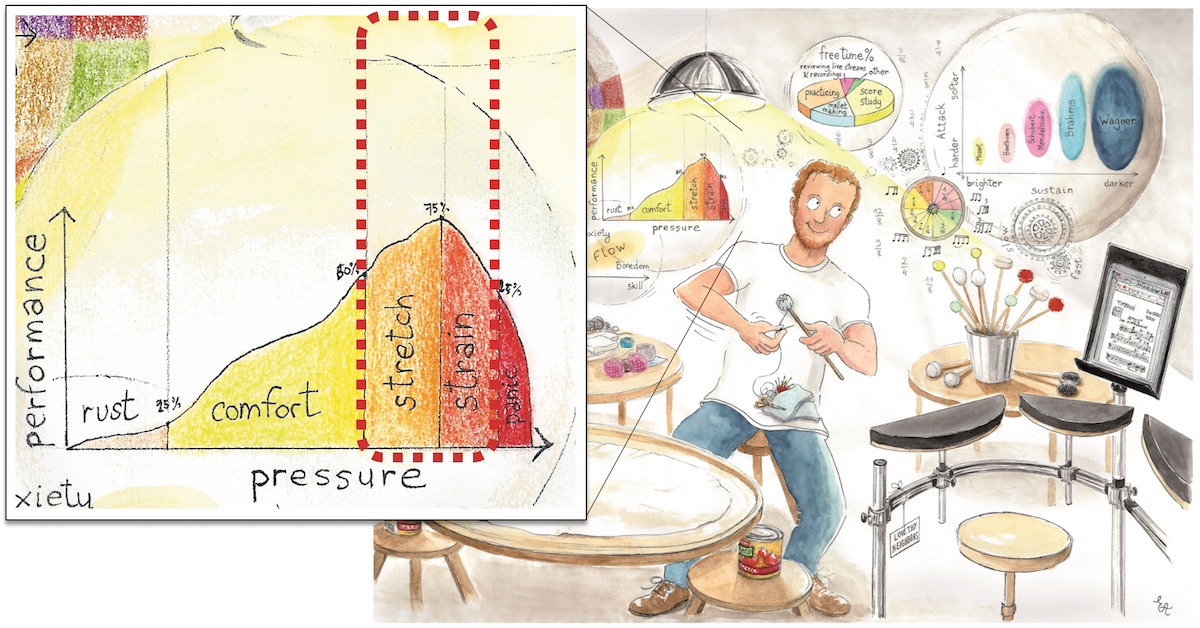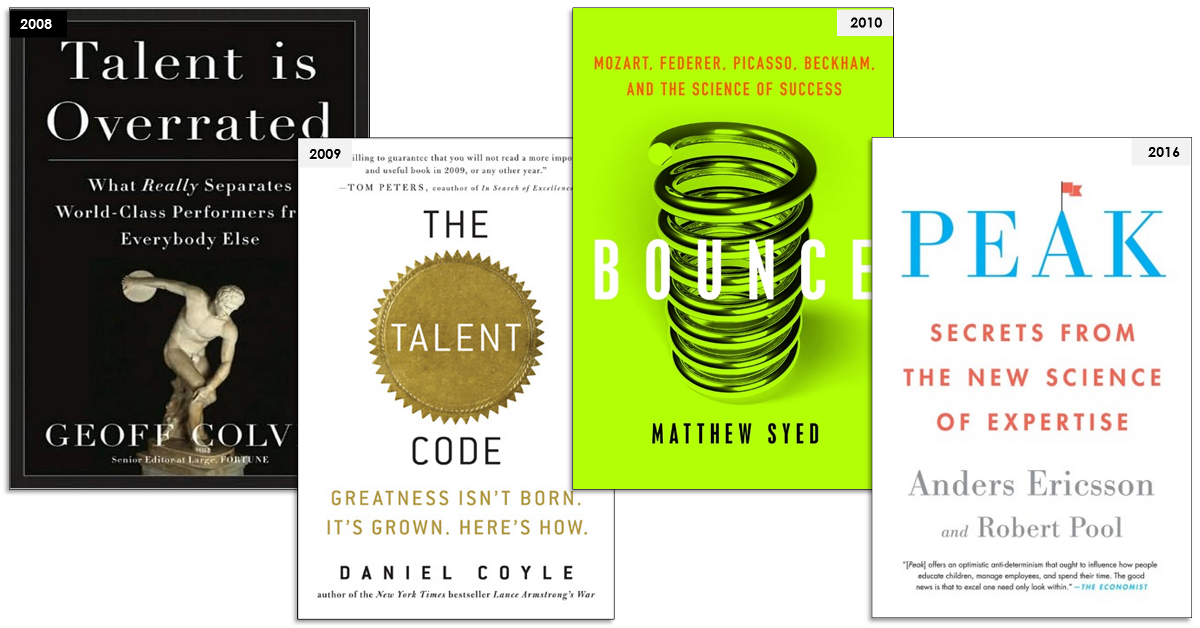Practicing Without Feedback is Like Bowling Through a Curtain
(The Attributes of Deliberate Practice: Continuous Feedback Loops) You Won’t Get Any Better, and You’ll Stop Caring In 1996, Ethan and Joel Coen went bowling. Or, more specifically, their film Fargo had just been released, and after its opening night showing they hosted the after-party at the Bryant Lake Bowl in Minneapolis, Minnesota. It was there that they cooked up the idea for their next movie — one which would ultimately rank among the most iconic cult classic movies of all time: The Big Lebowski. Lebowski turned 20 a few weeks ago, and …





